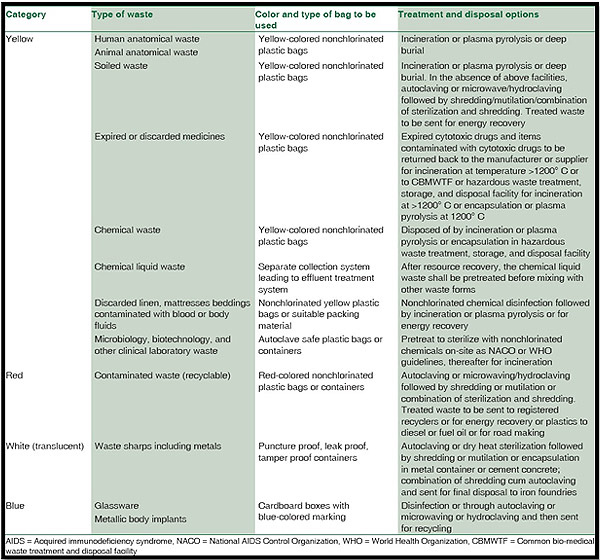A Biased View of Reclaim Waste
Table of ContentsSee This Report about Reclaim WasteGetting My Reclaim Waste To WorkExcitement About Reclaim WasteSome Ideas on Reclaim Waste You Need To KnowReclaim Waste - Questions
Explore the types, occurrences, and types of fluid waste. Residential sewage waste refers to the waste and products from a domestic septic container. This kind of waste is produced by human beings in residences, schools, and various other buildings. This only consists of sewage-disposal tanks that have a drain field. The appropriate management and disposal of domestic sewage waste call for liquid waste to be transferred to a sewer treatment plant where the appropriate methods and equipment are related to purify and get rid of waste.
Industrial waste commonly includes possible dangers, such as combustible materials or a blend of fluid and solid waste items, and needs an advanced and detailed disposal process. The disposal of industrial waste usually entails the filtering of waste prior to transport to make sure risk-free and proper disposal. Industrial waste is created from by-products and drainage of industrial processes and manufacturing.
This kind of waste can not utilize the very same sewage monitoring transportation or processes as septic or commercial liquids. The hazardous waste monitoring process requires the examination and testing of fluid waste before it goes through the disposal procedure (liquid waste disposal). Overflow waste is the liquid waste that originates from runoff and excess stormwater in very inhabited locations or cities
Overflow waste can trigger contamination and flooding if not managed effectively. Making sure correct waste monitoring can protect against catastrophes and decrease ecological harm.
Top Guidelines Of Reclaim Waste
Call PROS Providers today to find out about our waste monitoring and disposal solutions and the appropriate ways to take care of the fluid waste you create.
(http://www.place123.net/place/reclaim-waste-laverton-north-vic-australia)Do you understand what occurs to your water when you draw the plug, flush the toilet or drain the washing device? No? Well, it's worth understanding. This supposed 'wastewater' is not only an important source but, after therapy, will be released to our land, waterways or the sea. Made use of water from commodes, showers, bathrooms, cooking area sinks, laundries and industrial procedures is known as wastewater.

water used to cool equipment or clean plant and equipment). Stormwater, a kind of wastewater, is runoff that streams from agricultural and metropolitan areas such as roof coverings, parks, gardens, roadways, paths and seamless gutters right into stormwater drains, after rain. Stormwater moves without treatment straight to neighborhood creeks or rivers, ultimately getting to the ocean.
Getting The Reclaim Waste To Work
In Queensland, a lot of wastewater is dealt with at sewer treatment browse around these guys plants. Wastewater is moved from domestic or industrial websites through a system of sewage systems and pump terminals, understood as sewerage reticulation, to a sewage treatment plant. Neighborhood federal governments construct, maintain and run most sewer treatment plants. Operators are certified under the Environmental Management Act 1994 to discharge treated wastewater at an appropriate environmental standard right into waterways.
The Department of Natural Resources recommends city governments regarding handling, operating and preserving sewerage systems and therapy plants. In unsewered locations, neighborhood federal governments might need owners to set up specific or house sewage treatment systems to deal with residential wastewater from toilets, cooking areas, washrooms and laundries. The Department of Natural Resources authorises making use of home systems when they are verified to be effective.
In some new communities, treatment of some stormwater to remove trash, sand and crushed rock has started using gross toxin catches. Wastewater therapy takes place in four stages: Eliminates strong issue.
Wastewater then flows right into huge storage tanks where solids resolve and are removed as sludge. Oil and residue are skimmed from the surface area. Uses small living microorganisms called micro-organisms to damage down and eliminate remaining dissolved wastes and great particles. Micro-organisms and wastes are integrated in the sludge. Eliminates nitrogen and phosphorus nutrients that could trigger algal blooms in our waterways and endanger aquatic life.
Reclaim Waste - Truths
Nutrient elimination is not offered in all sewer treatment plants since it calls for costly specialised equipment. It is becoming more usual in Queensland. Clear liquid effluent created after therapy might still have disease-causing micro-organisms. If this effluent is launched into waterways such as rivers or the sea, the micro-organisms will ultimately die out.

Many wastewater streams right into the sewerage system. Under the Act, neighborhood federal governments provide approvals and permits for eco pertinent activities (Ages) entailing wastewater launches that might have a local impact.
The 30-Second Trick For Reclaim Waste
Or else, examples are considered lab analysis. Commonly several examinations are needed to develop the levels of each of the different contaminants such as oils, heavy steels and chemicals in water. Surveillance supplies accurate info regarding water quality and can validate that licence conditions are being met. The info obtained via monitoring gives the basis for making water high quality choices.